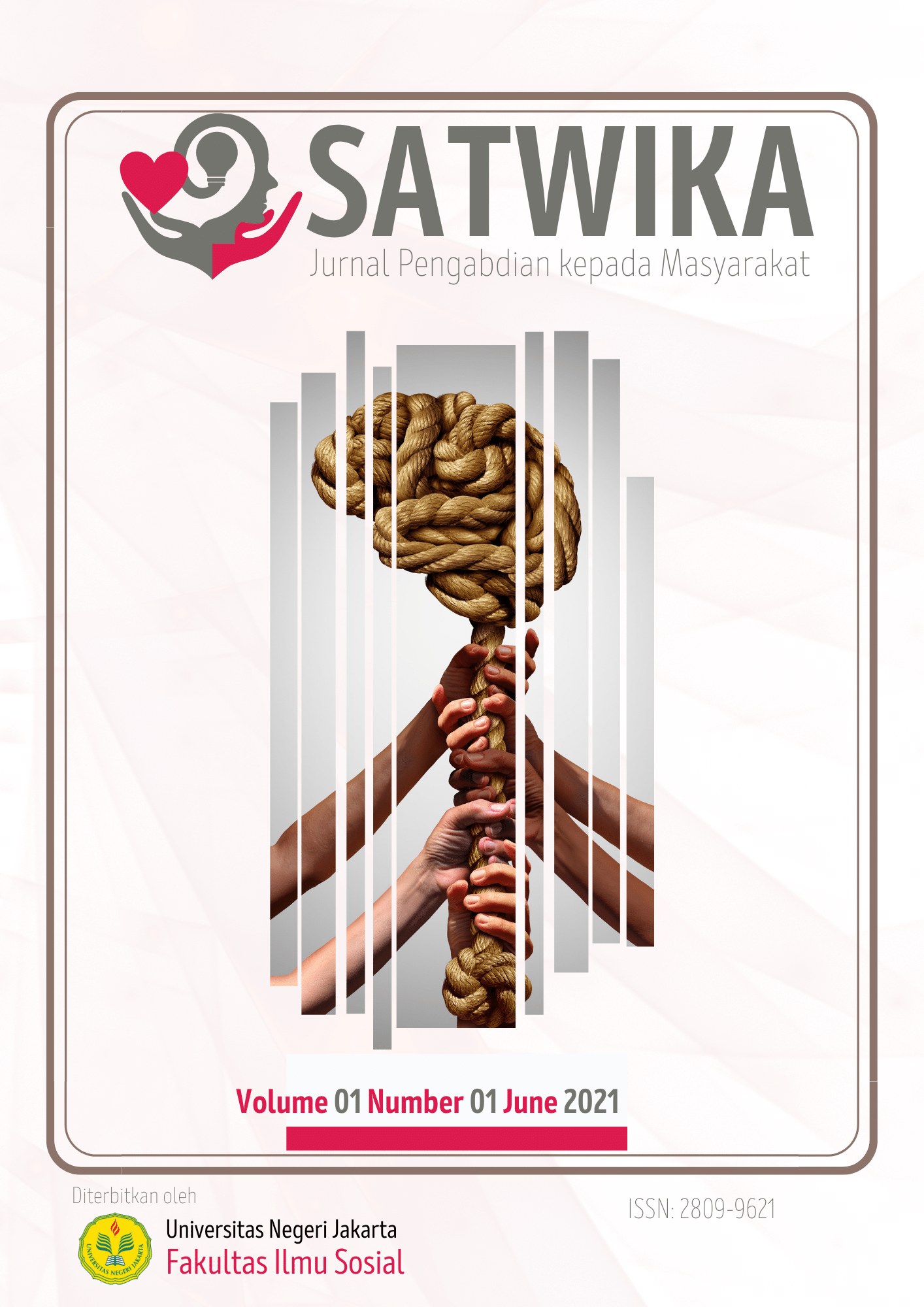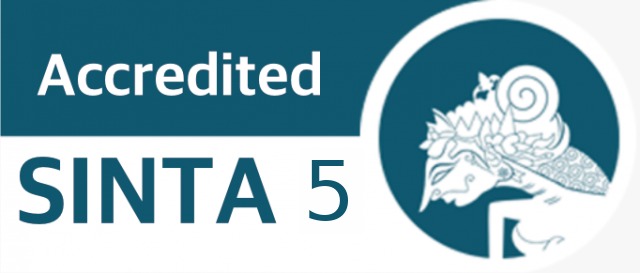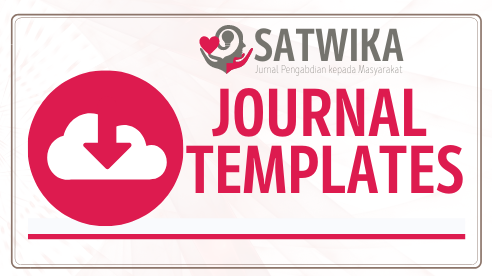Meningkatkan Pengetahuan Remaja dalam Penelitian Sosial di Masa Pandemi
DOI:
https://doi.org/10.21009/satwika.010105Keywords:
Remaja, Penelitian Sosial, PandemiAbstract
This article is the result of community service activities that aim to increase adolescent knowledge in social research, especially during the Covid 19 pandemic. The form of activity is in the form of webinars which are expected to be one solution to overcome the low interest of adolescents in social research. This community service activity was carried out in the youth scientific group (KIR) of SMAN 24 which consisted of 15 student members. The webinar activity was carried out in two sessions of material, among others about the urgency of social research and types of social research. The material is provided with an interactive lecture and discussion model so that the activities are two-way. Data collection was carried out in the form of an open questionnaire and pre-test-post-test. Data analysis with descriptive statistics and analysis of answers from open questionnaires. The results of the activity show that KIR member students have understood the urgency of social research and are able to express ideas to be developed into social research. Social research can be a positive activity for teenagers during a pandemic as a medium for self-development. In conclusion, this activity has been able to increase students' knowledge and understanding in social research. In addition, this activity has also developed critical thinking skills.
ABSTRAK
Artikel ini merupakan hasil dari kegiatan pengabdian kepada masyarakat yang bertujuan untuk meningkatkan pengetahuan remaja dalam penelitian sosial terutama di masa pandemic Covid 19. Bentuk kegiatan berupa webinar yang diharapkan dapat menjadi salah satu solusi untuk mengatasi rendahnya minat remaja dalam penelitian sosial. Kegiatan pengabdian masyarakat ini dilaksanakan pada kelompok ilmiah remaja (KIR) SMAN 24 yang terdiri dari 15 siswa anggota. Kegiatan webinar dilaksanakan dalam dua sesi materi antara lain tentang urgensi penelitian sosial dan jenis - jenis penelitian sosial. Materi diberikan dengan model ceramah interaktif dan diskusi agar kegiatan bersifat dua arah. Pengumpulan data dilakukan berupa angket terbuka dan pre test-post test. Analisis data dengan statistik deksriptif dan analisis jawaban dari angket terbuka. Hasil kegiatan menunjukan siswa anggota KIR telah memahami urgensi penelitian sosial dan mampu mengungkapkan ide untuk dikembangkan ke dalam penelitian sosial. Penelitian sosial dapat menjadi kegiatan positif bagi remaja pada saat pandemi sebagai media pengembangan diri. Kesimpulan dari kegiatan ini telah mampu menigkatkan pengetahuan dan pemahaman siswa dalam penelitian sosial. Selain itu kegiatan ini juga telah mengembangkan kemampuan berpikir kritis.
References
Karasneh, R., Al-Azzam, S., Muflih, S., Soudah, O., Hawamdeh, S., & Khader, Y. (2021). Media’s effect on shaping knowledge, awareness risk perceptions and communication practices of pandemic COVID-19 among pharmacists. Research in Social and Administrative Pharmacy, 17(1), 1897–1902.
Muawanah, S. (2015). Perang Stigma antara Siswa IPA/IPS Di MAN Lasem. Paradigma, 3(1).
P. Herlyn Novita Dewi, S. A. (2018). Remaja Terhadap Keterampilan Menulis Karya Ilmiah Siswa Kelas Xi Sma Negeri 1 Sawan. E Journal Jurusan Pendidikan Bahasa Dan Sastra Indonesia, 7 no 2(1), 88–95.
Pokhrel, S., & Chhetri, R. (2021). A literature review on impact of COVID-19 pandemic on teaching and learning. Higher Education for the Future, 8(1), 133–141.
Rukmana, H. (2014). Perbandingan Motivasi Belajar Siswa Jurusan IPA dan IPS di SMA Negeri I Krueng Barona Jaya. ETD Unsyiah.
Simanjuntak, B. A., & Sosrodiharjo, S. (2014). Metode Penelitian Sosial (Edisi Revisi). Yayasan Pustaka Obor Indonesia.
Soekanto, S. (2014). Sosiologi Suatu Pengantar. Rajawali Press.
Winarsih, L. (2017). Strategi Pembinaan Karakter Anggota Ekstrakurikuler Kelompok Ilmiah Remaja (KIR) SMA Negeri 1 Badegan Ponorogo. Kajian Moral Dan Kewarganegaraan, 5(02).
Downloads
Published
How to Cite
Issue
Section
License
In developing strategy and setting priorities, SATWIKA: Jurnal Pengabdian kepada Masyarakat recognize that free access is better than priced access, libre access is better than free access, and libre under CC-BY-SA or the equivalent is better than libre under more restrictive open licenses. We should achieve what we can when we can. We should not delay achieving free in order to achieve libre, and we should not stop with free when we can achieve libre.
SATWIKA: Jurnal Pengabdian kepada Masyarakat is licensed under a Creative Commons Attribution 4.0 International License
You are free to:
- Share — copy and redistribute the material in any medium or format
- Adapt — remix, transform, and build upon the material for any purpose, even commercially.
- The licensor cannot revoke these freedoms as long as you follow the license terms.










